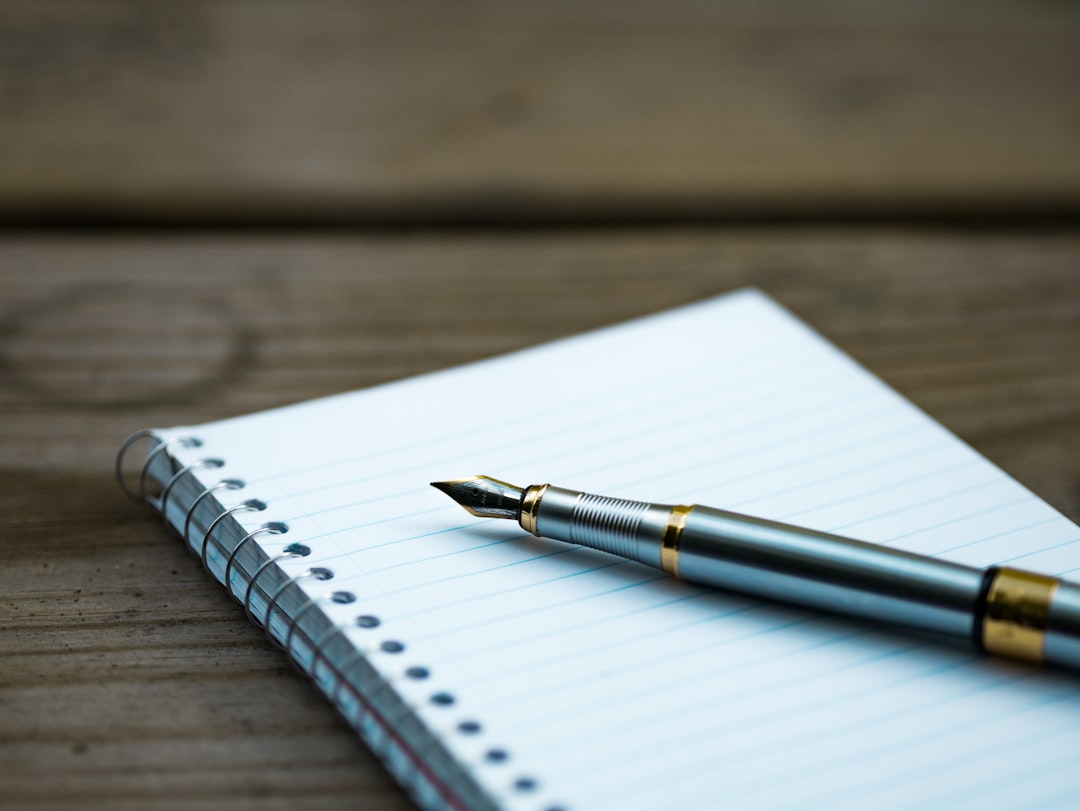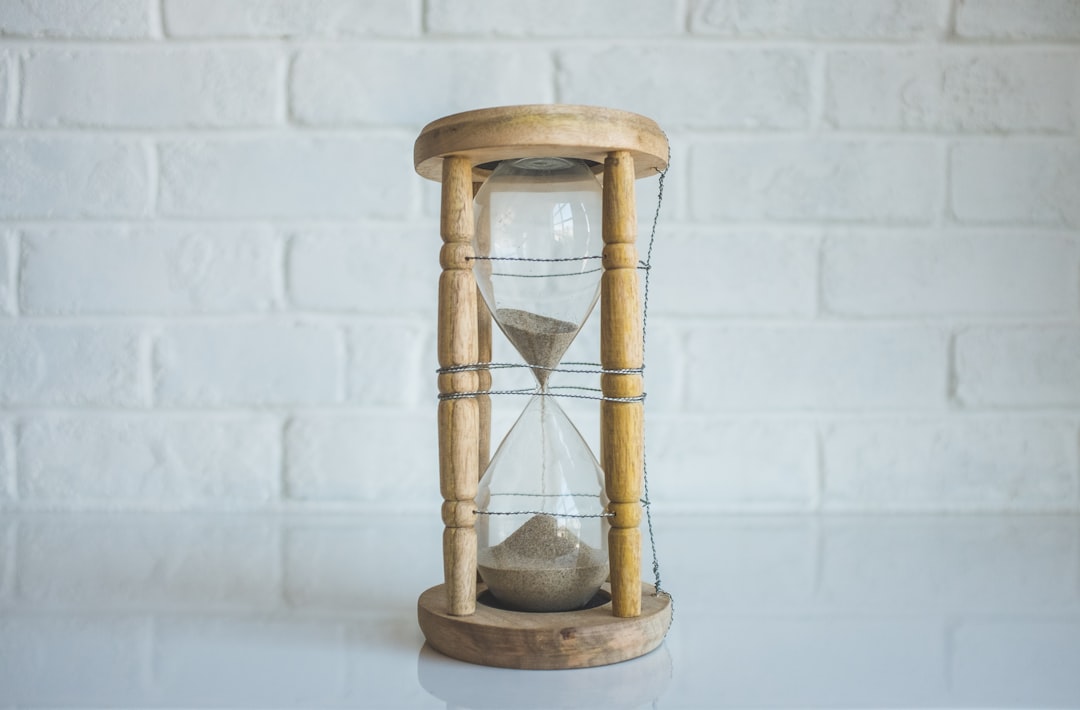"I felt that I had to write"
Afterthoughts #2: Gwendolyn Brooks

Welcome to my Tuesday newsletter looking at the themes behind the writing. As I often get some thought-provoking comments and questions, as well as suggestions for further reading and research, I decided to experiment with this feature of delving a bit deeper into the themes of a writer’s work.
My plan is to ultimately make these ‘Afterthoughts’ available for my community of paying subscribers. I recently reduced my yearly subscriptions, meaning that for less than a decent coffee a month, you can support research into women’s narratives and the ways they affect our contemporary culture.
This week, I’m delving into the themes and thoughts that emerged from my piece on Gwendolyn Brooks this Sunday. You might want to check that out first, if you haven’t already!
Firstly, something that jumped out at me when researching Brooks and her work was this quote:
“I felt that I had to write. Even if I had never been published, I knew that I would go on writing, enjoying it and experiencing the challenge”.
As a writer myself, I know this is a debate that I have come across before, online and at writing groups I have attended over the years: if we write regularly but without a ‘public’ to read our words, do we class ourselves as writers, and would we be prepared to continue regardless of whether anybody ever read our words?
Similarly, I have heard from writers many times that they have this ‘need’ to write. It feels like there is something innate and deep-seated around putting words down on paper, but I wonder if this is true of all art forms? I know many people who love crafting, or painting, or even making their own greetings cards. This reminds me that ‘making art’ - of whatever description - is something which lies within our humanity. Think of cave paintings or traditional storytelling told around the fire; before the masses were even fully literate we had a desire to share stories.
If you are a writer (or other type of creative) what do you think? Do you think you would continue to write or create art regardless of whether anyone was ever going to read it?
I think Brooks’ sentiment of ‘experiencing the challenge’ is also spot on! Writing isn’t easy, even when it’s something you love or feel compelled to do. Pushing through the challenge is what I think perhaps separates out the (commercially) successful writer from someone who just thinks about writing; pushing through the difficulties, even on days when you really don’t want to.

I also liked the advice given to Brooks’ by other writers, including Langston Hughes, of ‘the need to write with disciplined regularity’. Again, I don’t think there are many other topics that come up so often when seeking writing advice than: should you write every day? I am certainly not going to wade into the debate with a definitive answer! But I think there is definitely something to be said for having a regular practice, even when it gets difficult (see the challenge, above). If writers wait until ‘inspiration strikes’, I’m afraid they might be waiting a very long time…
‘Brooks’ poetry also spans the range of traditional forms including ballads and sonnets to the familiar rhythms of the blues and free verse. In this way, she remarkably utilised all the popular forms of English poetry, as well as the use of the lyric and long narrative poems.’
Whilst she isn’t totally unique in this, it could be said that poets and writers in other forms tend to have a noticeable ‘style’. I love that she had the confidence and talent to take on the more traditional forms, as well as develop her own voice through the use of jazz and blues, for example. Her Black identity really comes through in her work, which makes her poetry so rich and authentic.
‘It was noted by critics that Brooks’ work after the age of 50 showed a new movement and energy with a leaner style of poetry.’
Being a woman of the same age, I really appreciate the way she began to change and develop her work in her middle years. This is something I think would have been more unusual at the time, but now that I look around, not just in the art world but further afield, I am delighted by the women who are making such groundbreaking work into their older age, and making culture-defying changes during their middle years.

I have read around this idea recently, and found many references to women beginning new careers, starting their own business, deciding to pack up and travel for a while, or ending long-term relationships that were no longer serving them. Whilst there is a lot to be said for feeling content and settled at this time of life, I think that women in this age bracket are often at a crossroads, recognising that if they have children, for example, their lives as caregivers, working hours around families and such are coming to an end. This can be terrifying for some! But it can also bring a sense of excitement and freedom.
For Brooks, it seemed to have meant an awakening of her purpose to talk about the issues affecting the people and places around her. Her work within schools, prisons, and drug rehabilitation programmes, as well as her sponsorship of such organisations from her own pocket, shows her commitment to people whom she recognised as deserving of reaching their full potential.
In regard to this, a subscriber shared this short video of a young man in Boston who epitomises these ideas, including a reading of Brooks’ poem ‘We Real Cool’. I hadn’t seen this video before, but I feel that it really captures the essence of Brooks’ message within the poem, and shows how her words can still resonate for a modern audience, including those who may feel lost or let down by an unjust system.
If you have just found this newsletter and love discussions on all things literature, as well as connections to both contemporary culture and the art of writing, please consider a free or paid subscription. Paid subscriptions help me to continue to write and research quality newsletters every week - and the yearly fee works out at just £2 per month! Thank you for reading 😀


I have always written. Sometimes I have readers, sometimes I don't. No matter; I'm a writer, and I write. I don't worry about regularity or discipline, because I want to write often enough that I feel no need for a schedule. I've heard dreams are our brain's attempt to make order out of life. My dreams seem too chaotic for this to be true. For clarity, for finding order in chaos, I write.
Writing is visceral to me. I tried to hide it away for so many years. I decided to go all in.
Your text resonates with me. Thanks